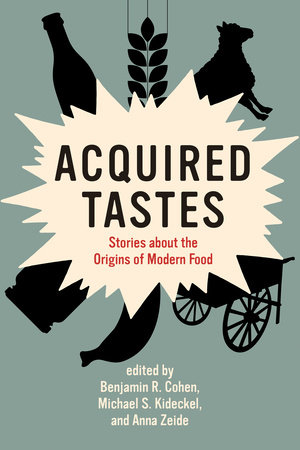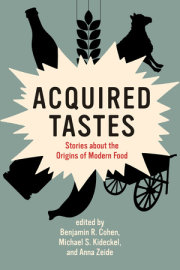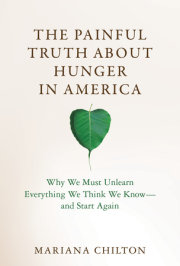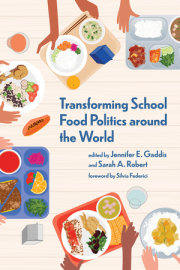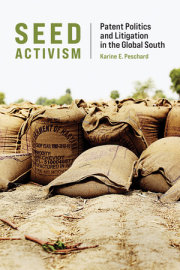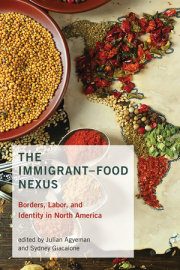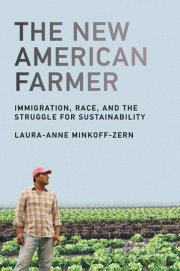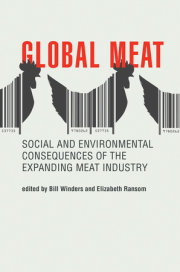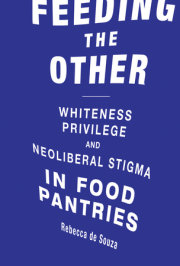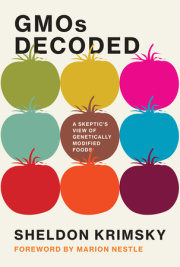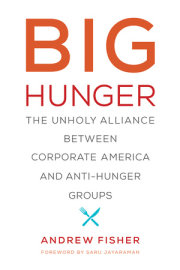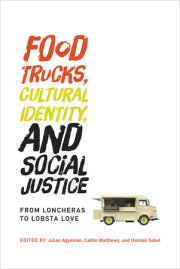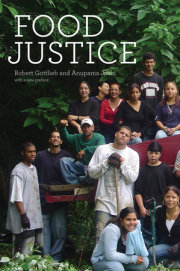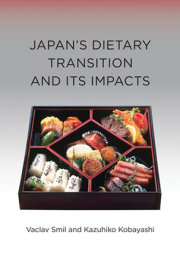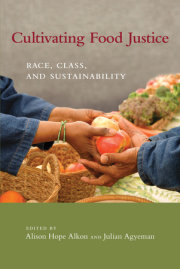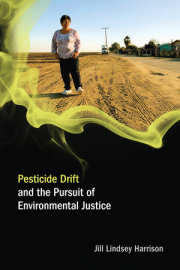Series Foreword
Introduction
Part I Time and Space
1 Tulare Lake and the Past Future of Food
2 A Biography of Modern British Bread
3 Old Is Bad, New Is American: Philippine Food Consumption and Production During American Empire in the Early 1900s
4 Does Your Beer Have Style? The Nineteenth-Century Invention of European Beer Styles
5 The Thin Ripe Line: Watermelons, Pushcarts, Distribution, and Decay
Part II Trust
6 Gilded Sugar and Corn Syrup's Long Con
7 The Search for the Average Consumer: Breakfast Cereal and the Industrialization of the American Food Supply
8 Eat the Rich: Radical Food Justice in Memphis and Chicago
9 Blackness and Bananas: The Josephine Baker Effect
10 Marion Harland, Tastemaker: How One Woman's Influence Helped Build an Industry
Part III Science
11 Who's Afraid of the Dark Sugar?
12 Darby's Fluid Meat, Digestion, and the British Imperial Food Supply
13 Ella Eaton Kellogg's Protose: Fake Meat and the Gender Politics That Made American Vegetarianism Modern
14 Marietta's Lamb
Epilogue
Acknowledgements
Contributors
Index

